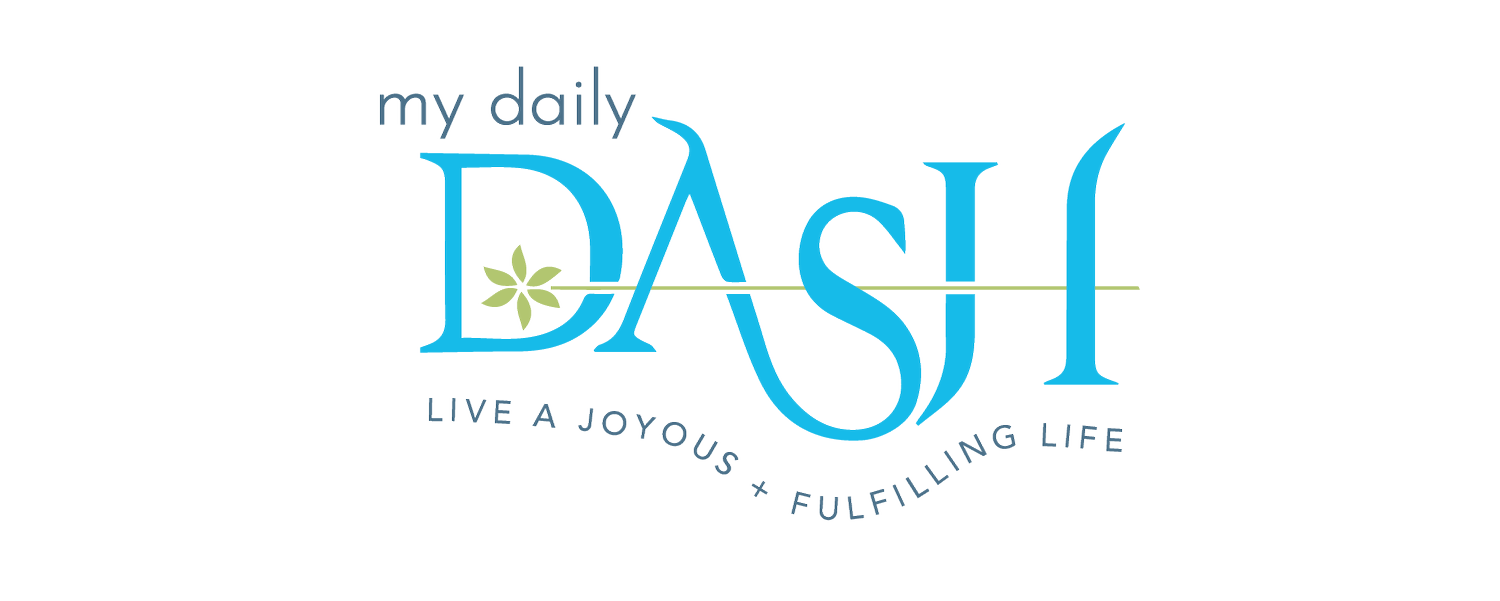How to Stop Being a People Pleaser: Unlearn the Pattern and Create a New Story
Many people identify as people pleasers. The choice of the word identify is intentional and meaningful. People pleasing is not who you are; it’s something you learned. And if it was learned, it can be unlearned.
You may have learned this behavior in response to recognition from teachers when assignments were completed on time, approval from parents or coaches after scoring a goal, or gratitude from friends after a thoughtful gesture. It may even come from something deeper, a stress or trauma response.
In fact, one of the four recognized trauma responses–fight, flight, freeze, and fawn–includes people pleasing at its core. According to Pete Walker, who coined the term “fawn”, this response involves consistently putting others’ needs ahead of one’s own, often at the expense of personal boundaries, self-care, and self-worth.
Whether people pleasing was learned from external validation or as a stress response, the good news is that it can be UNlearned. You have the power to change your people-pleasing story and behavior.
CHANGE YOUR STORY
The first step in unlearning people pleasing is recognizing the internal narrative that drives it. What story are you telling yourself? Is that story serving you?
Ask yourself if you use statements like these:
“Sorry I’m late, my boss asked me for a last-minute presentation and I was worried they would be upset if I declined.”
“I felt so guilty about cancelling plans on Friday night. I have so much anxiety about letting people down.”
“Why does everyone at work always ask me to do things last minute and on weekends? I wish they would consider my personal life.”
“I went out drinking with friends and feel guilty because I feel horrible and I didn’t even want to go. But I worry they won’t invite me anymore if I don’t join them.”
“I had to cancel plans that I had booked 6 months ago to help a friend.”
These are all hidden people-pleasing stories. Once you become aware, you can change the story AND change your actions to enable new narratives. It’s not up to anyone else to change these stories for you.
GET CLEAR ON WHAT YOU WANT
Boundaries become easier to set when you know what you value. What are your true priorities? What do you want?
If your boss often makes last-minute requests, evaluate your options through the lens of your own priorities. Do you stay late and miss an important commitment? Do you explain you’re unavailable and propose a time that works for both of you? Do you offer just an hour of help so you don’t compromise your entire evening?
When friends suggest an activity you don’t enjoy, you can say no and propose something that aligns better with your preferences. You don’t need to abandon those connections, they may just exist in a different setting.
If someone asks for help that interferes with your own well-being, it’s okay to explore alternative ways to support them without sacrificing your own plans. Can other friends help? Can you redefine what support looks like? Often, the pressure to help immediately is self-imposed.
UNLEARNING THE PATTERN MEANS RECLAIMING YOURSELF
At its core, people pleasing is about placing others before yourself, often automatically without reflection. The solution isn’t to stop caring about others. It’s learning to care about yourself just as much.
When you prioritize your own values, time and well-being, you not only feel more grounded, you also create more authentic, sustainable relationships. You show up as who you really are, not who you think others want you to be.
YOU CAN CHOOSE A DIFFERENT ENDING
Once upon a time, people pleasing may have served a purpose for you. But if it no longer is, you have the ability and the right to rewrite that story.
You don’t have to be a people pleaser. You can be someone who honors their own needs, makes intentional choices, and creates space for genuine connection.
Change your story, change your life.
